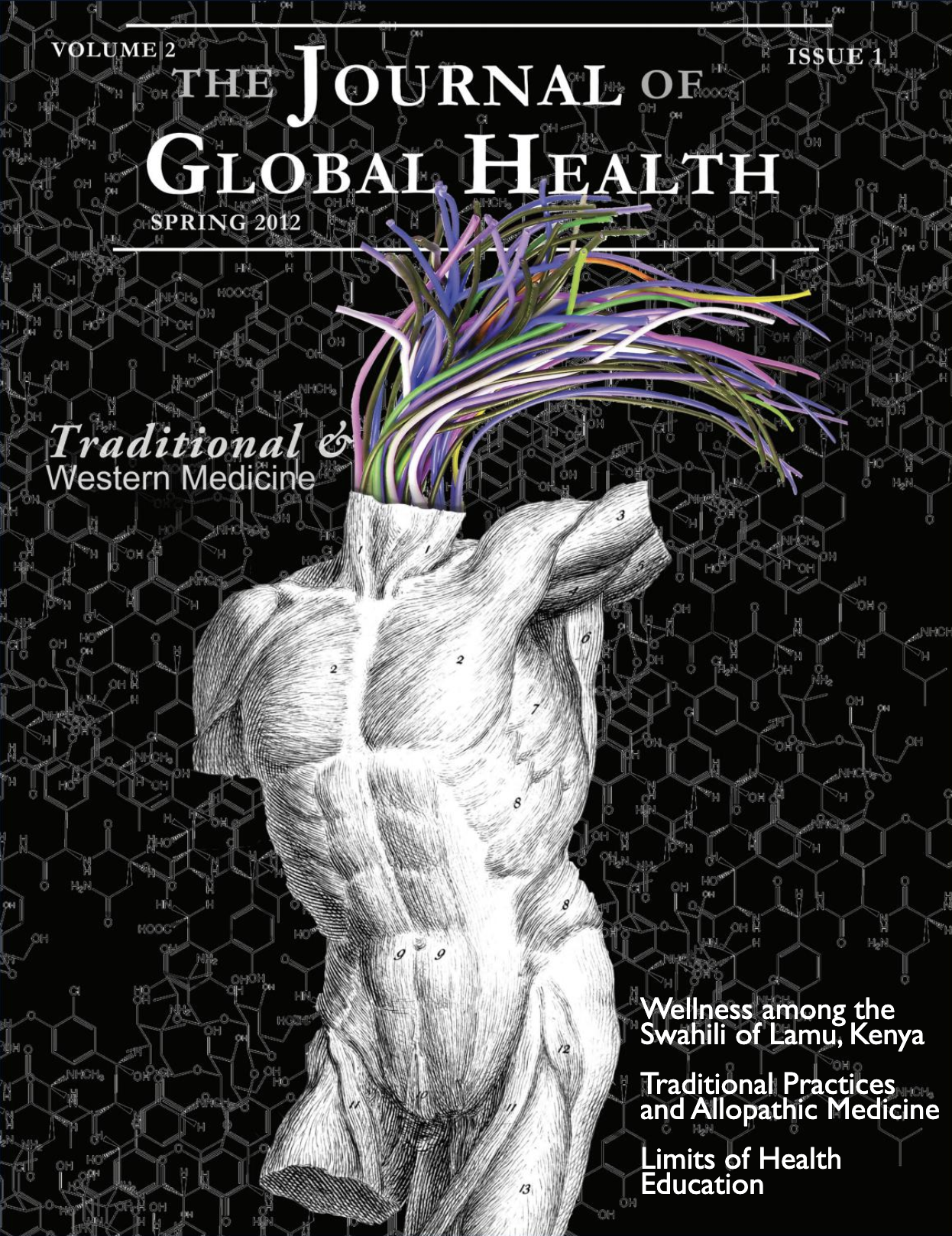Integrating traditional practices into allopathic medicine
Main Article Content
Abstract
Although the popularity and demand for traditional medicine (TM) in Western countries has increased dramatically in the last several decades, allopathic healthcare practitioners in developed nations have largely avoided TM due to a lack of scientific evidence and controlled clinical trials supporting it. Unfortunately, the Western medical community’s aversion to TM has resulted in a lack of appreciation for its many supposed benefits and is representative of a challenge towards maintaining a high quality of care. The failure to recognize and integrate TM into modern medical practices can lead to adverse effects, such as dangerous drug-herb interactions due to the mixing of incompatible herbs and pharmaceuticals, and a deterioration of the patient-centered model of care due to the lack of TM communication between patients and practitioners. This paper seeks to investigate the current state of traditional medicine in American health care and policy, examine the factors that drive miscommunication between patients and practitioners and introduce solutions that can be implemented to address existing challenges. In addition, this paper highlights successful examples of integration of traditional and modern medicine systems in developing countries, which can serve as a model for the United States.
Article Details

This work is licensed under a Creative Commons Attribution 4.0 International License.

